Share this @internewscast.com
Skin pigmentation can be a source of concern for many people. Whether it manifests as freckles, age spots, or more pronounced hyperpigmentation, uneven skin tone can affect your confidence and overall appearance. In this comprehensive guide, we will explore the common causes of skin pigmentation and provide three proven strategies to reduce and prevent hyperpigmentation. Drawing on expert advice and backed by credible sources, this article is designed to help you understand your skin better and adopt effective habits for maintaining a clear, even complexion.
Understanding Skin Pigmentation: What Causes It?
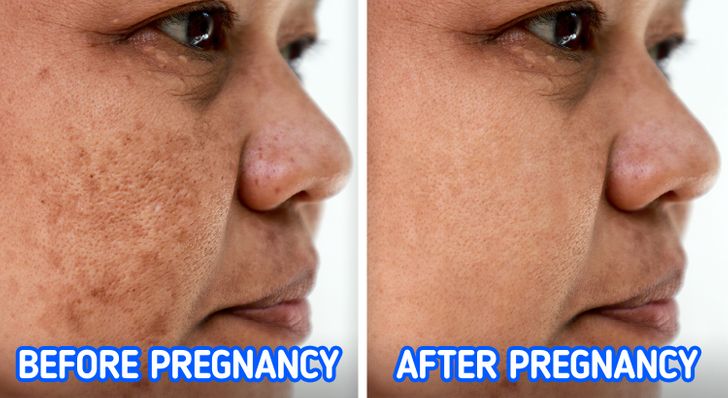
Skin pigmentation occurs when there is an overproduction or uneven distribution of melanin, the pigment responsible for the color of our skin, hair, and eyes. Several factors can lead to changes in skin pigmentation, ranging from genetic predispositions to environmental influences. Here’s a closer look at the primary causes:
Genetic Factors:
Your genes play a significant role in determining your skin tone and the likelihood of developing pigmentation issues. Conditions like melasma and freckles are often hereditary.
Learn more about genetic influences on skin pigmentation from the American Academy of Dermatology.
Sun Exposure:
Ultraviolet (UV) rays from the sun are one of the most common triggers for hyperpigmentation. Prolonged or unprotected exposure can cause the skin to produce more melanin as a natural defense mechanism, leading to sunspots and age spots.
For expert advice on sun protection, check out Mayo Clinic’s recommendations.
Hormonal Changes:
Hormonal fluctuations, particularly during pregnancy, menopause, or with the use of certain contraceptives, can trigger a condition known as melasma—characterized by dark patches on the face. Hormonal imbalances may also influence other pigmentation disorders.
Skin Injuries and Inflammation:
Any injury to the skin, such as cuts, burns, acne, or inflammatory conditions, can lead to post-inflammatory hyperpigmentation. This occurs when the skin produces excess melanin as part of the healing process, leaving behind dark spots.
Lifestyle and Environmental Factors:
Pollution, smoking, and exposure to chemicals can contribute to oxidative stress in the skin, accelerating the process of pigmentation. A poor diet lacking antioxidants can further exacerbate these issues.
Understanding these causes is the first step in managing and preventing skin pigmentation. By addressing the underlying factors, you can take proactive measures to maintain a more even and healthy complexion.
There Are Several Types of Harmless Pigmentation
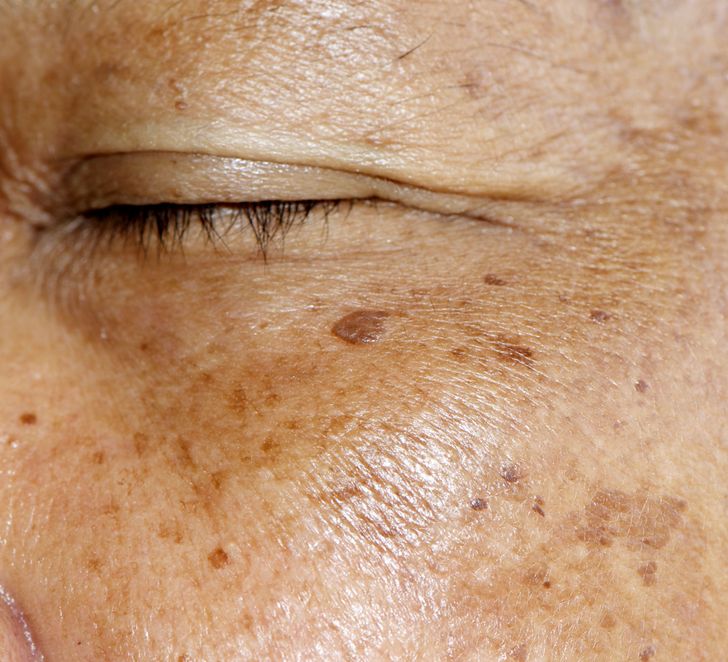
Not all skin pigmentation is harmful. In fact, many forms are entirely benign and even add character to your appearance. However, recognizing the difference between harmless pigmentation and signs that require professional attention is crucial for proper skincare.
Common Types of Harmless Pigmentation:
Freckles (Ephelides):
Small, light brown spots that appear on sun-exposed areas, freckles are a common genetic trait. They are harmless and often fade with reduced sun exposure.
Age Spots (Liver Spots):
These flat, dark areas typically appear on the face, hands, shoulders, and arms as you age. While they are generally non-cancerous, they may be a cosmetic concern for some individuals.
Moles:
Moles are clusters of pigmented cells that can vary in color and size. While most moles are benign, any changes in their appearance should be evaluated by a dermatologist.
Post-Inflammatory Hyperpigmentation (PIH):
This type of pigmentation occurs after the skin has been injured or inflamed, such as with acne. It is usually temporary but can persist if not managed properly.
Even though these pigmentation types are typically harmless, they can affect your self-esteem. It’s important to adopt a skincare routine that prevents the worsening of these conditions and minimizes their appearance.
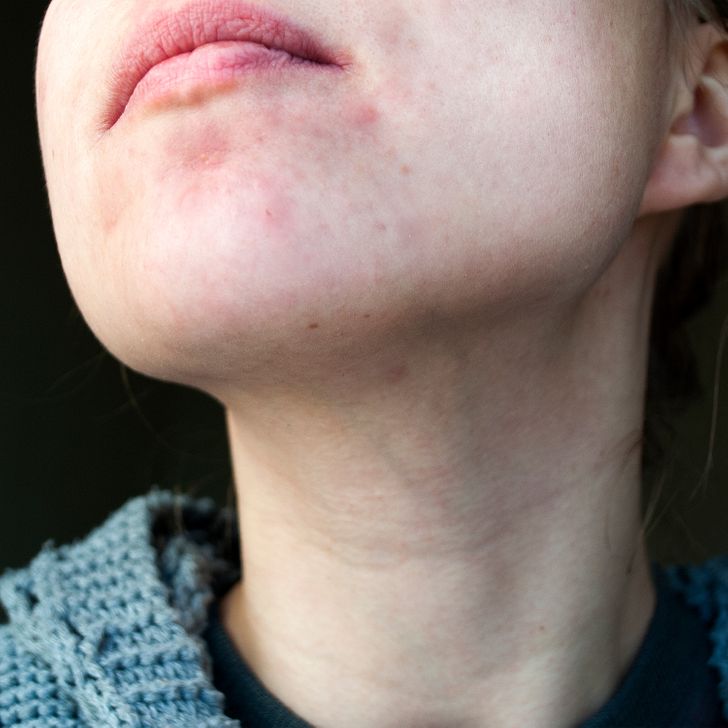
How to Reduce and Prevent Hyperpigmentation: 3 Proven Strategies
Hyperpigmentation can be both frustrating and challenging to manage, but there are effective ways to reduce its appearance and prevent it from worsening. Here are three proven strategies to help you achieve a more even skin tone.
1. Practice Consistent Sun Protection
The first and most critical step in preventing hyperpigmentation is to protect your skin from the sun’s harmful UV rays. Sun exposure is the primary culprit behind increased melanin production, and even short bursts of sunlight can trigger pigmentation issues.
Effective Sun Protection Tips:
Daily Sunscreen Application:
Use a broad-spectrum sunscreen with an SPF of 30 or higher every day, regardless of the weather. Reapply every two hours if you’re spending prolonged periods outdoors.
Wear Protective Clothing:
Consider wearing wide-brimmed hats, sunglasses, and long sleeves to shield your skin from direct sunlight. UV-protective clothing can also be a great investment.
Seek Shade:
Limit your exposure to direct sunlight, especially during peak hours (10 a.m. to 4 p.m.), when UV rays are strongest.
Expert Insight:
The Skin Cancer Foundation emphasizes the importance of consistent sun protection in preventing both skin cancer and hyperpigmentation. By making sun protection a daily habit, you can significantly reduce the risk of developing dark spots and uneven skin tone.
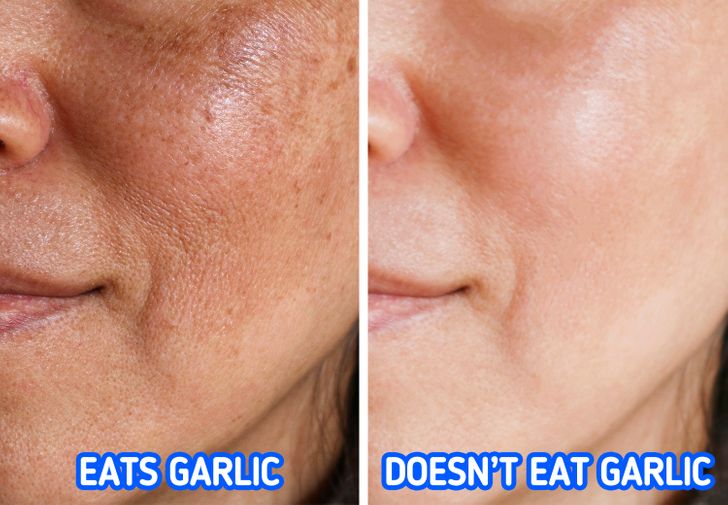
2. Incorporate Topical Treatments and Skincare Ingredients
Modern skincare offers a range of products specifically designed to reduce and prevent hyperpigmentation. Incorporating these into your daily routine can make a significant difference in the appearance of your skin.
Key Skincare Ingredients:
- Vitamin C:
Known for its antioxidant properties, vitamin C can help brighten the skin and reduce the appearance of dark spots. It also protects against free radicals, which can exacerbate pigmentation. - Retinoids:
Retinoids, including prescription-strength retinol, help accelerate skin cell turnover, reducing the buildup of pigmented cells. They also improve skin texture and tone. - Niacinamide:
This form of vitamin B3 has anti-inflammatory properties and can help even out skin tone by reducing the appearance of dark spots and boosting the skin’s barrier function. - Hydroquinone:
Often considered the gold standard for fading hyperpigmentation, hydroquinone works by inhibiting the enzyme responsible for melanin production. It’s important to use this ingredient under the guidance of a dermatologist due to potential side effects.
Application Tips:
For best results, incorporate these ingredients into your nighttime skincare routine. Consistency is key—over time, regular use can lead to a noticeable reduction in hyperpigmentation. Always follow up with sunscreen during the day, as many of these ingredients can increase sun sensitivity.
For more detailed information on topical treatments for hyperpigmentation, refer to Healthline’s guide on hyperpigmentation treatments.
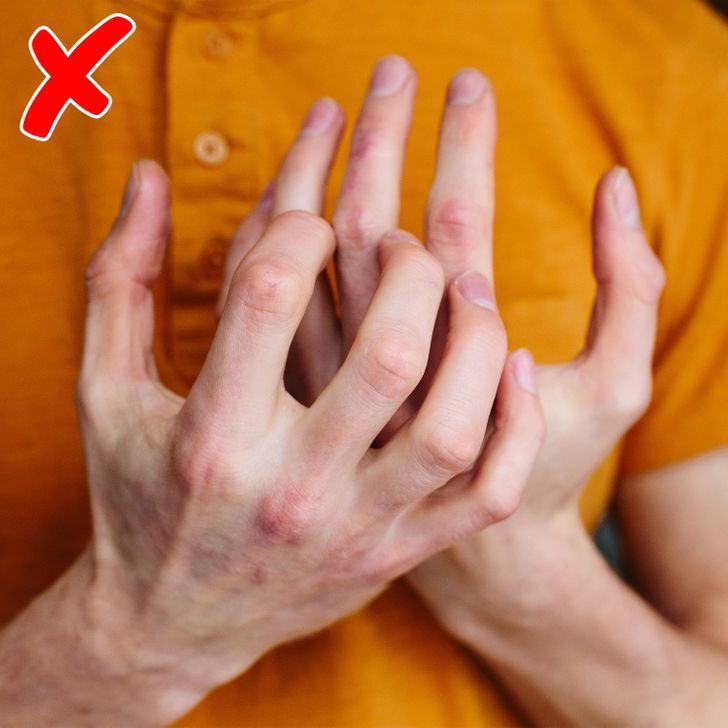
3. Adopt a Healthy Lifestyle and Skincare Routine
In addition to sun protection and topical treatments, a holistic approach to skincare can help manage and prevent hyperpigmentation. Your overall lifestyle, including diet and daily habits, plays a crucial role in skin health.
Lifestyle and Routine Tips:
Balanced Diet:
Incorporate a diet rich in antioxidants, vitamins, and minerals. Foods like berries, leafy greens, nuts, and fatty fish provide essential nutrients that support skin health and fight inflammation.
Hydration:
Drinking plenty of water helps maintain skin hydration, which is vital for overall skin health and can prevent the appearance of dark spots.
Regular Exercise:
Physical activity improves blood circulation, which helps deliver nutrients to your skin and promotes healthy cell turnover.
Adequate Sleep:
Quality sleep is essential for skin regeneration. Aim for 7-9 hours of sleep per night to allow your skin to repair itself.
Stress Management:
Chronic stress can trigger hormonal imbalances that worsen hyperpigmentation. Techniques like meditation, yoga, or even regular walks can help reduce stress levels and benefit your skin.
Expert Recommendations:
For more comprehensive lifestyle tips to maintain healthy skin, Harvard Health Publishing offers valuable insights on the role of diet, sleep, and stress management in skincare.

Additional Skincare Considerations for Preventing Pigmentation
While the three strategies above are central to reducing and preventing hyperpigmentation, consider incorporating the following practices into your daily routine for enhanced skin health:
Exfoliation:
Regular exfoliation removes dead skin cells and promotes the growth of new, evenly pigmented skin. However, it’s important to exfoliate gently to avoid irritation, which can worsen pigmentation.
Consistent Moisturizing:
Keeping your skin well-moisturized strengthens its barrier and can reduce inflammation. Look for moisturizers containing ingredients like hyaluronic acid, glycerin, and ceramides.
Avoiding Harsh Chemicals:
Some skincare products contain harsh chemicals that can irritate the skin and trigger pigmentation. Opt for products that are labeled as suitable for sensitive skin, and always perform a patch test before trying new treatments.
Professional Treatments:
For persistent or severe hyperpigmentation, professional treatments such as chemical peels, laser therapy, or microdermabrasion may be effective. Consult a dermatologist to explore these options and determine the best course of action.
Conclusion: Embrace a Comprehensive Approach to Prevent Skin Pigmentation
Understanding what causes skin pigmentation is the first step toward managing and preventing it effectively. While genetics, sun exposure, hormonal changes, and lifestyle factors all play a role, you have the power to minimize hyperpigmentation through consistent sun protection, targeted skincare treatments, and healthy lifestyle habits.
By incorporating these three proven strategies—practicing diligent sun protection, using potent topical treatments, and adopting a holistic approach to skincare—you can reduce the appearance of hyperpigmentation and achieve a more even, radiant complexion. Remember that patience and consistency are key; visible improvements in skin tone often take time.
For more expert advice on maintaining healthy skin and preventing pigmentation issues, explore trusted resources such as American Academy of Dermatology, Mayo Clinic, and Healthline. By taking a proactive approach to skincare, you can enjoy a more confident, even-toned appearance and support your overall wellbeing.
Transform your daily routine with these actionable tips and start your journey toward healthier, more luminous skin today!

















